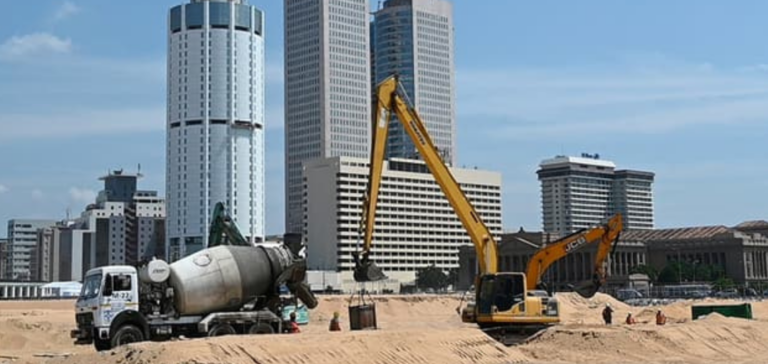Sri Lanka’s Minister of Energy, Kanchana Wijesekera, announced today that the government is about to award a major multi-billion dollar oil refinery project to Sinopec, a state-owned Chinese company. This decision follows the withdrawal of Vitol, leaving Sinopec as the only remaining bidder.
Announcement of oil refinery project
The refinery will be built next to a port managed by a Chinese state-owned company, in the southern city of Hambantota. The project, estimated to cost $3.85 billion, should contribute to the region’s economic development.
Sri Lanka terminates agreement with Silver Park
The project was initially awarded to Silver Park, a family-owned Indian company based in Singapore, with joint financing planned by Oman and Silver Park. However, due to Silver Park’s failure to start construction despite an inauguration ceremony in 2019, the government terminated the agreement in August and repossessed the land allocated to the project.
Hambantota port’s financial problems
Sri Lanka handed over the neighboring port of Hambantota to China Merchants Port for 99 years in 2017, sparking controversy due to the debt incurred by Sri Lanka for its construction. Situated on a busy seaway, the port failed to meet financial forecasts, resulting in major losses for Sri Lanka.
Sri Lanka has also had to contend with external debt problems, particularly towards China, which holds a large share of this debt. Beijing’s approval is therefore crucial to any effort by Colombo to restructure its foreign debt.
Sri Lanka’s decision to award the oil refinery project to Sinopec marks an important turning point in the country’s economic development. It also shows the importance of Chinese investment in Sri Lanka’s infrastructure and the need to manage external debt strategically to ensure financial stability in the future.






















